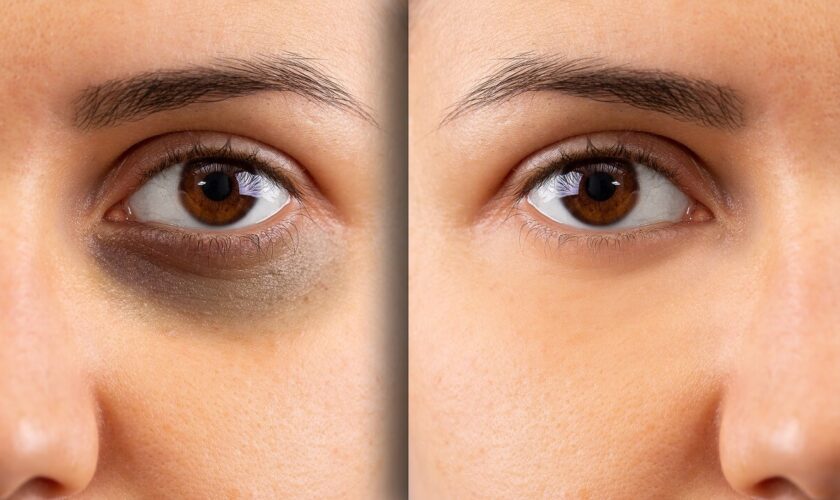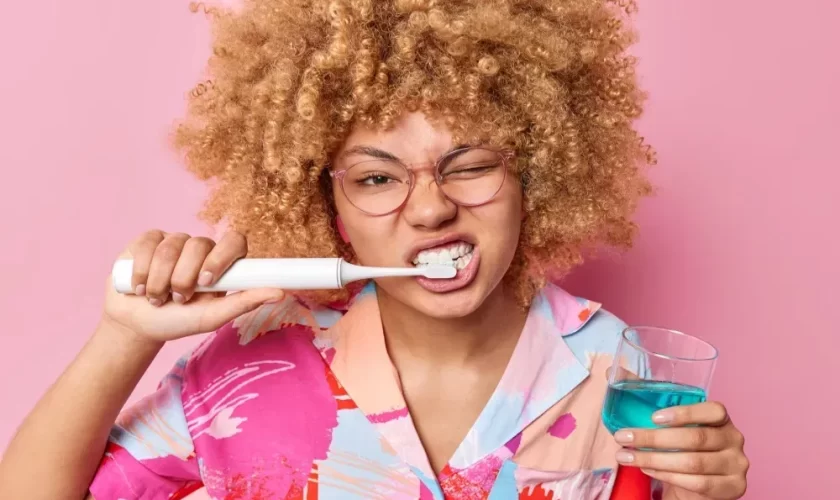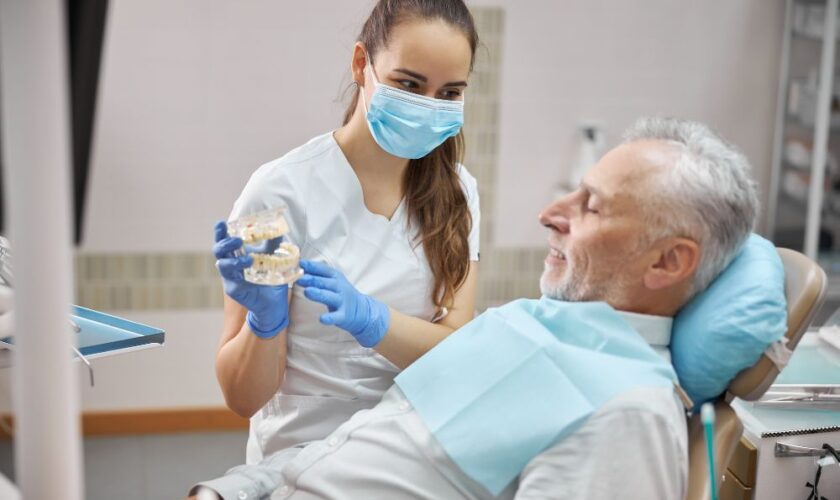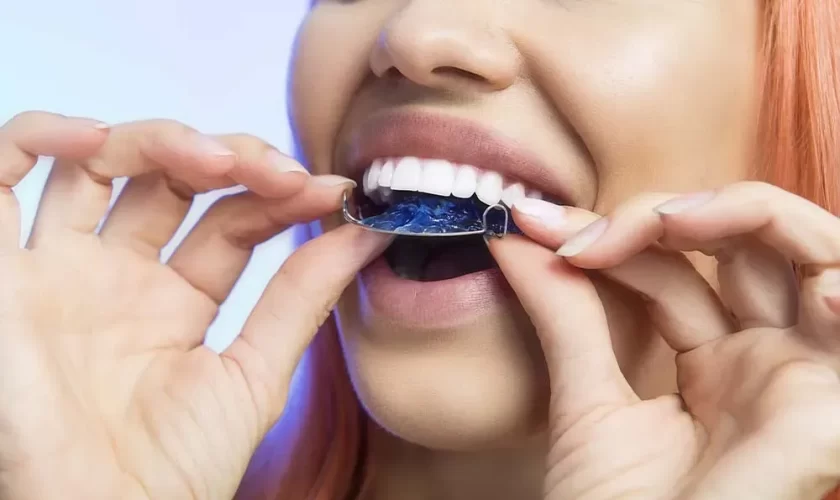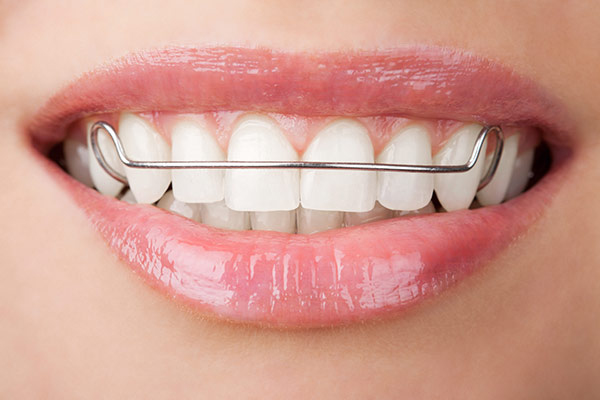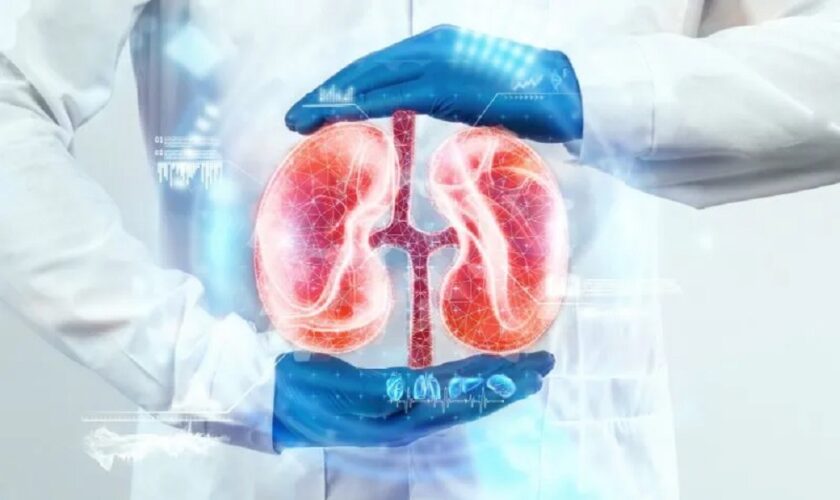A healthy lifestyle saves you and your family from chronic diseases and enhances your psychological well-being. So it is important to take different precautionary actions to keep your family healthy. If you are in search of some healthy ways of living, you can read them here.
Get Monthly Check-ups
To have a healthy lifestyle, your priority should be to save yourself from diseases. You should set a proper routine of medical check-ups for your family.
Monthly check-ups are the best way for the prevention of chronic diseases. If you have any life-threatening disease, it will be diagnosed and treated timely. Moreover, it will develop a good relationship between you and your doctor, which results in efficient treatment.
Ensure Water Purification in Your Homes
Water is your basic need and your health is directly affected by it. Drinking pure water will not only keep you hydrated but also remove different toxic elements from your body and keep your digestive system healthy.
Different water treatment services are available in the market that give you the best-purified water. They will remove the microbial contamination from the water and ensure purity. This will ensure the health of your family.
Choose Healthy Meals
What we eat significantly impacts our health. Choosing healthy meals refers to a balanced diet, which means having the right amount of food at the right time. You should prefer foods that are rich in nutrients and right for your body.
You must prefer meals with a good amount of proteins and carbohydrates. They will give you energy and keep you full all day. Avoid packaged meals and ready-to-eat snacks because they contain saturated fats and are high in sugars which will be quite unhealthy for you. Preventing sugary meals will also reduce the risk of diabetes and many other liver diseases.
Set a Proper Sleep Schedule
Your sleeping hours play a crucial role in your health. After having physical activity and cognitive stimulation all day, you must prioritize your sleep and get well-deserved rest. A good night’s sleep is important for your brain to re-energize and to keep your body healthy.
It will make you more focused on your work the next morning. You will be able to better concentrate on your next day’s activities. It will boost your immune system, and also prevent you from many physical and emotional disorders. A healthy sleep schedule lowers your stress level and gives you mental peace.
Get Outdoor Activities
Outdoor activities relax you and release stress. They encourage critical thinking and motor skill development. Spending time in nature will reduce your anxiety and depression, and you will feel more relaxed. Outdoor activities also help you in social skills development and boost your confidence.
Moreover, physical exercise will keep your body healthy and active. It will reduce the risk of many chronic diseases. Your cardiovascular system will work more efficiently and also improve your muscular health. You will be physically and mentally strong enough for your daily activities.

